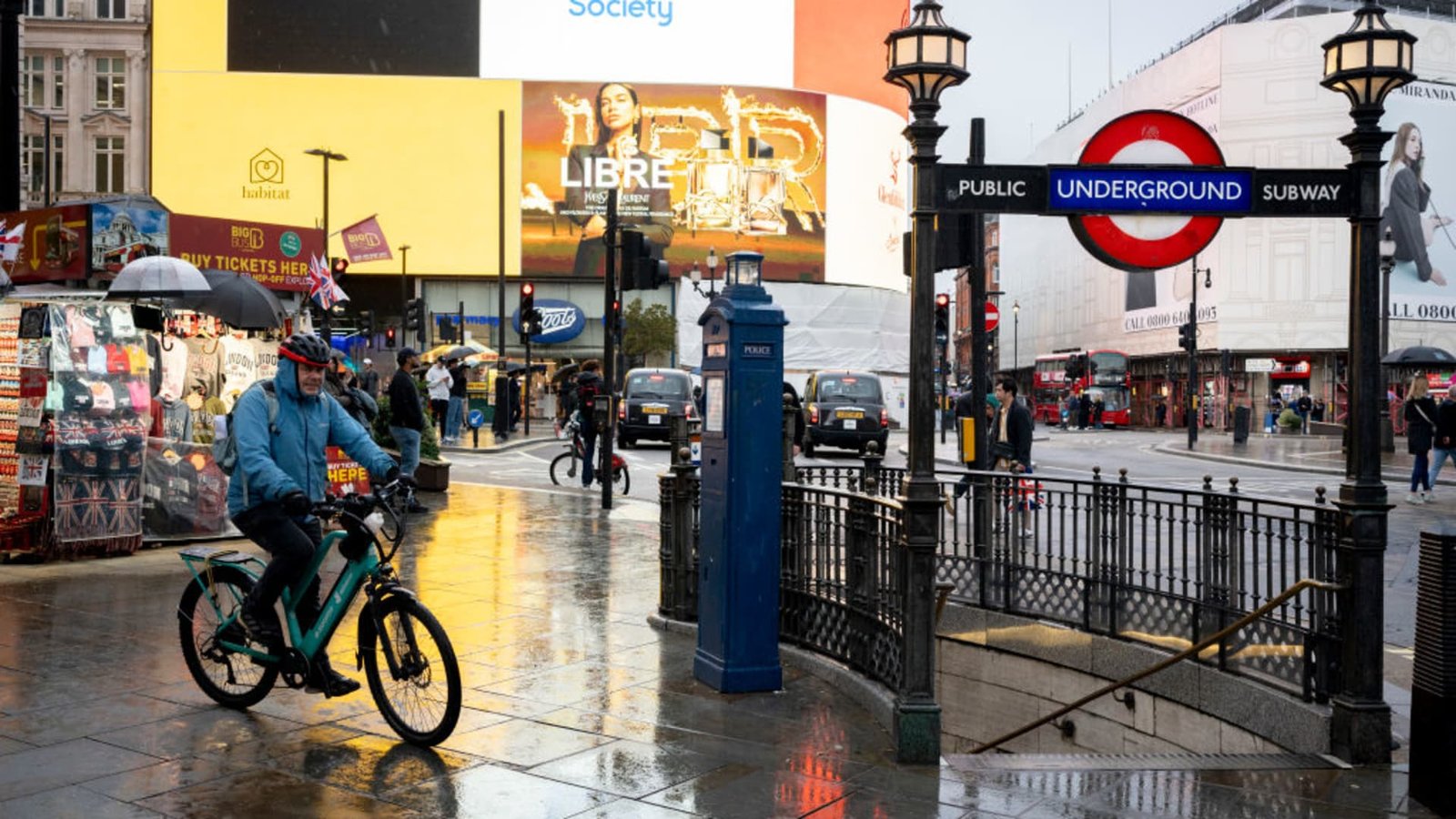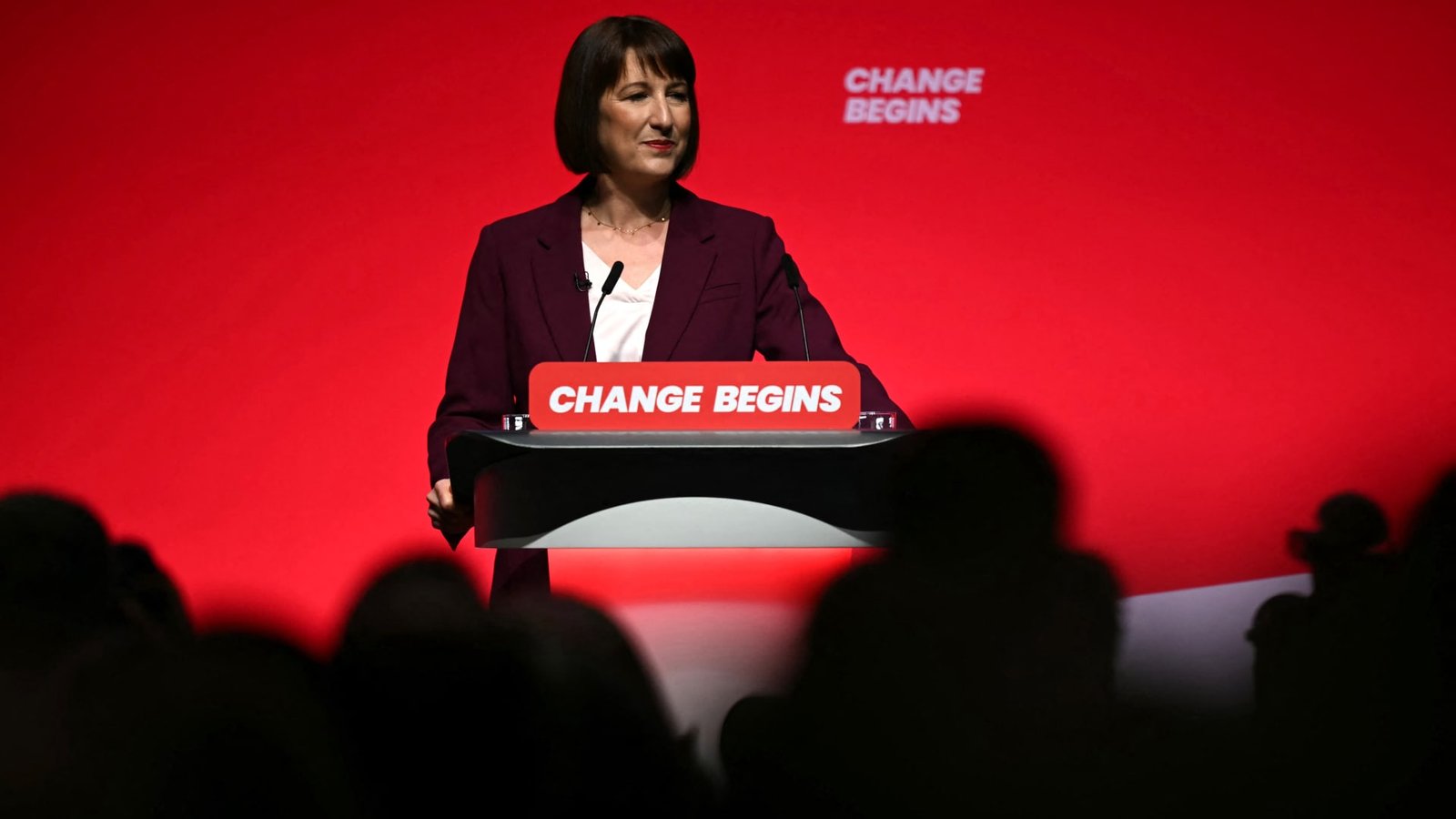In the U.K., inflation fell sharply to 1.7% in September, according to the Office for National Statistics. This has increased market expectations for a Bank of England rate cut in November. Economists surveyed by Reuters had anticipated a higher rate of 1.9% for the month, marking the first time the rate has dipped below the BOE’s 2% target since April 2021. In August, inflation stood at 2.2% and has been hovering around that level for the past four months.
Core inflation, excluding energy, food, alcohol, and tobacco, was 3.2% for the month, down from 3.6% in August and below the 3.4% forecast from a Reuters poll. Price increases in the services sector, a significant part of the U.K. economy, decreased notably to 4.9% last month from 5.6% in August, reaching its lowest rate since May 2022.
Bank of England policymakers are closely monitoring core and services inflation as they consider whether to reduce interest rates at their November meeting. Market expectations for a 25-basis-point rate cut in November rose from 80% to 92% after the latest inflation data, with a subsequent cut in December almost fully priced in. Analysts suggested that lower wage growth reported by the ONS this week supported the case for a rate cut.
A decline in the British pound on Wednesday reflected more dovish expectations for the BOE, with sterling falling 0.6% against the U.S. dollar to $1.299, dropping below the $1.3 level for the first time since Sept. 11. The British currency also decreased by 0.5% against the euro. Yields on British government bonds, known as gilts, decreased across the board, with two-year gilt yields falling by 9 basis points and 10-year gilt yields dropping by 7 basis points.
Headline U.K. inflation has decreased from a peak of 11.1% in October 2022 to 1.7% in September. Suren Thiru, economics director at the Institute of Chartered Accountants in England and Wales, noted that the figures indicate a shift to a more moderate inflation environment, partly due to lower fuel prices. However, Thiru cautioned that British inflation might rise again in October due to an increase in the regulator-set energy price cap.
Capital Economics’ Chief U.K. Economist Paul Dales highlighted that the unexpected weakness in core and services inflation was influenced by a significant drop in airfare price increases. Dales suggested that the BOE is more likely to continue with 25-basis-point cuts at alternate meetings. Deutsche Bank’s Chief U.K. Economist Sanjay Raja viewed the inflation figures positively and suggested that the Monetary Policy Committee might consider a quicker adjustment of restrictive policies, including sequential rate cuts. Raja also pointed out the potential risk posed by the upcoming budget, which he believed would likely be expansionary despite the fiscal consolidation expected on October 30.




